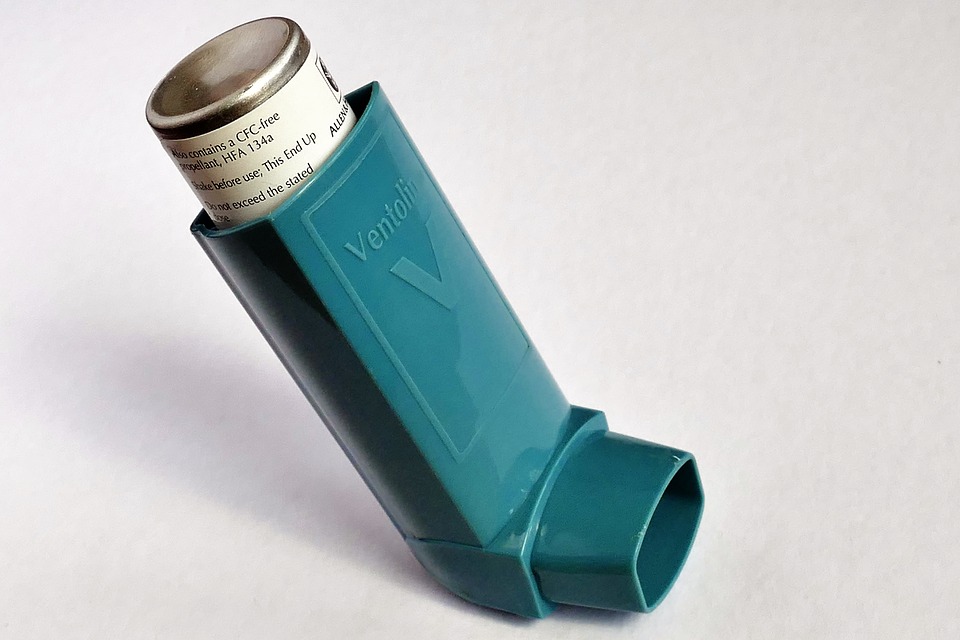Researchers from McMaster University and the Firestone Institute for Respiratory Health at St. Joseph's Healthcare Hamilton, together with colleagues at other partnering institutions, have developed a new method to treat severe asthma. In a study of over 200 participants with severe asthma, the new treatment was shown to have improved asthma symptoms and lung function, while reducing the need for corticosteroids by up to 70%.
According to Statistics Canada, 8% of Canadians aged 12 or older approximately 2.4 million people have been diagnosed with asthma. Of that, approximately 25% are considered to be severe cases of asthma.
Current treatments for severe asthma often include high doses of corticosteroids, such as prednisone, to control exacerbations. Reducing the need for corticosteroids with alternative treatments is preferable, since these medications are associated with serious side effects from prolonged use including multi-organ toxicities and immunosuppression.
Researchers sought participants who had been using oral corticosteroids (prednisone) to treat severe asthma for at least six months prior to the study. In addition to their standard regimen of corticosteroids, patients received either dupilumab or a placebo during the 24 week trial. The corticosteroid dose was gradually reduced during weeks four to 20, and maintained at a low level for the final four weeks.
The ability of dupilumab to increase lung function as markedly as it did in this study, even in the face of [corticosteroid] withdrawal, indicates that it appears to be inhibiting key drivers of lung inflammation.
Dupilumab works to treat asthma by blocking two specific proteins (called interleukin-4 and interleukin-13) that are associated with inflammation of the airways.
This technique was based on Dr. Nair's previous work published in the New England Journal of Medicine in 2009 and in 2017. Those studies found that blocking another protein, interleukin-5, allowed patients with high eosinophil levels in their blood and airways to reduce their corticosteroid dose. Eosinophils are a type of white blood cell involved with the production of interleukins. High eosinophil levels are directly linked to an increased risk of severe asthma.
Unlike the previous studies, dupilumab was shown to be effective regardless of patients' eosinophil levels. Despite the reduced prednisone dose, patients in this study not only experienced a decrease in asthma exacerbations, but their lung function also improved significantly.
